Israeli project gives them skills and resources to double their income
Mushrooms are saving women in Africa from life-or-death poverty.
Thanks to an Israeli social entrepreneur they are learning to grow them, sell them, and double their daily income.
Tzippora Nusbaum is driven by a desire to spare families from heart-wrenching choices between providing their children with food or medicine.
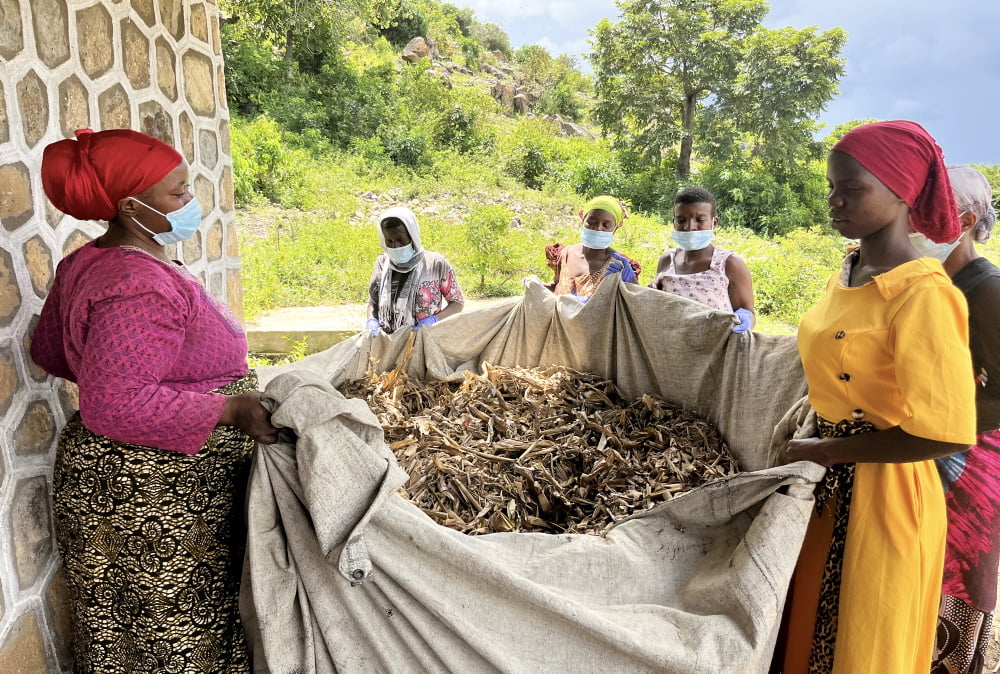
Her professional background is in engineering, but she took a dramatic change of direction during the Covid lockdowns.
She set up her first mushroom project remotely in northern Tanzania and aims to replicate it across Africa and beyond in a project called Entrepreneurs vs. Poverty.
Mushroom growing requires a bare minimum of equipment, resources and expertise, which is what makes it such a simple and attractive proposition as a business. And it provides nutritional food to help feed a family.

Put any kind of organic waste into buckets, add spawn – living fungal culture that’s the mushroom equivalent of seeds – leave it somewhere dark for a few weeks, then harvest the crop.
Any kind of agricultural waste will do as long as it is sterilized. Leftovers from rice, maize or banana crops are fine. Even cardboard is good.
“We work with women who have been earning less than $1.90 a day and we can bring them up incrementally to $3 to $5 a day,” Nusbaum tells NoCamels. “As they become more and more familiar with it they can grow more exotic mushrooms.”
She provides the women in a community with everything they need to start their own home-growing mushroom enterprise, then moves on to the next. Once the infrastructure is in place, the women are largely self-sufficient.
“We are starting projects in places currently suffering from extreme drought and food shortages, where families are having to choose between medicine and food,” she says.
“Generally, these are people living in life-or-death poverty in extremely rural settings. They don’t have access to very basic things like health care, clean water, or maybe food that they haven’t grown themselves.
“We empower women to fight climate change and extreme poverty by teaching them how to grow mushrooms and connecting them to the international market.

“Why women? Because if you want to really change, you need to target the mothers of the family.
“They will create educational opportunities for their children, increased health care, a decrease in maternal and infant mortality rates and more business opportunities for the family, as opposed to the individual.”
“We particularly work with women because graduation from poverty is contingent upon getting the mothers involved.
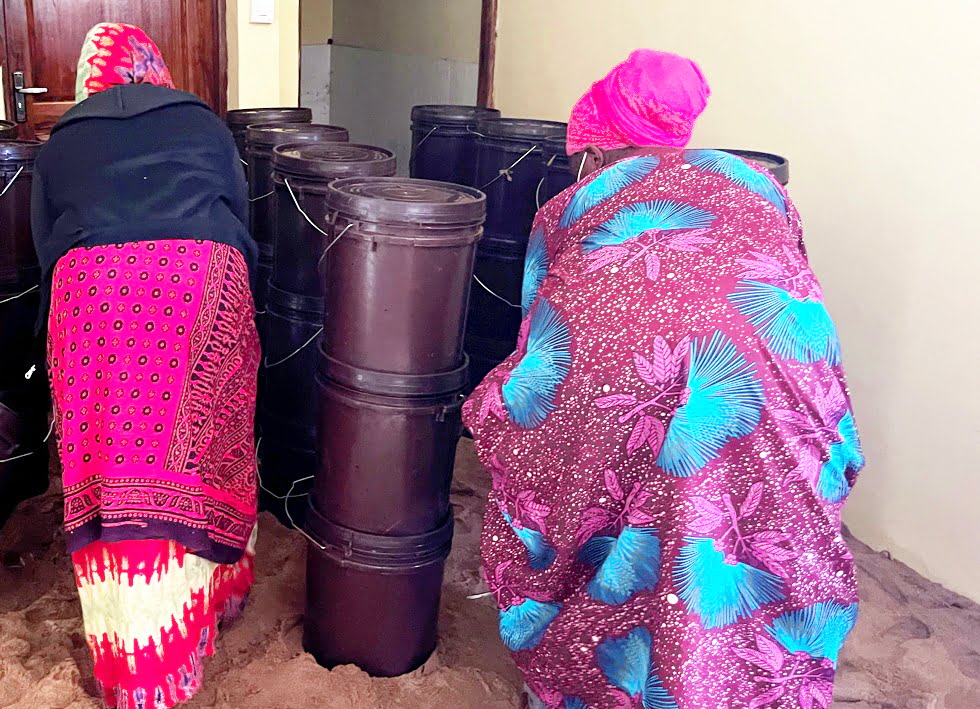
“Women in agriculture are often sold low-quality seeds and fertilizer. The men get first and the women get what’s left, if at all.
“We’re creating our own producers, of all the commodities we need, so we’re completely distancing them from this market that is so used to taking advantage of them.”
She says mushrooms are a tailor-made solution for marginalized women.
Sign up for our free weekly newsletter
Subscribe“They don’t require landownership, which is often a problem,” she says. “They don’t require mobility, you can grow mushrooms in your own home, and they’re extremely fast, they grow within six to eight weeks.
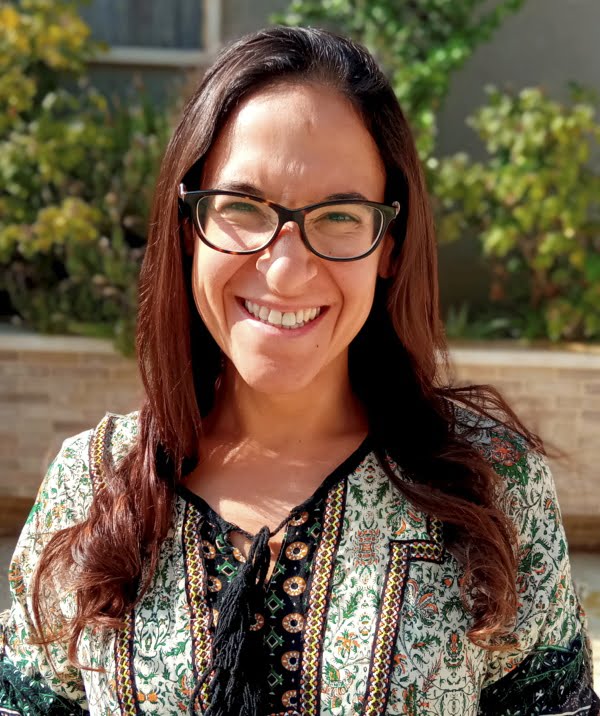
“So the turnover, the return on investment is very fast. Right now we have finished a pilot in northern Tanzania and we are working on one in East Jerusalem.
“There are other potential pilots that are being set up, one is in Israel and we are in the process of expansion throughout Central and East Africa, Kenya, Malawi, Uganda, and more in Tanzania, perhaps Ghana.
“I am providing them with a training center, bringing in the experts and creating the farm that provides them with the physical materials and the expertise they need.
“We hold their hand as they open their own farms. They then come back and bring us their fresh mushrooms, which we dry and package.”
She says she’s created a model that can readily be set up wherever there’s a need and that can accommodate a near-infinite number of women participants.
“We should be hitting 100,000 within two years maximum,” she says. “That’s definitely the goal. And it’s not even my most optimistic goal. It’s my more realistic goal.
“Once we’ve secured enough buyers to handle volume and enough grants to have the inflow to set up, we will move on because it’s a one-time investment.”

The women farmers can produce 500kg (just over half a ton) of top-quality oyster mushrooms in a year from just one square meter, holding 16 buckets stacked on top of each other. Each bucket produces 6kg and there are typically six harvests a year.
“The women will either sell to a local restaurant that is very proud of the fact that they sourced their mushrooms from people earning a reasonable and a respectable living wage, or we connect them to international buyers, who are themselves manufacturers of sustainable products.”
As the project grows, she’s targeting food giants Nestle, Unilever and Mars, in the hope of securing long-term supply contracts.
Nusbaum found during extensive research that mushroom projects had worked in India, Bangladesh, China and elsewhere in Asia, but the idea hadn’t been rolled to Africa, where she is operating.
“This is completely foreign territory,” she says. “I learned about it exclusively and theoretically during the preparation. LinkedIn is a very powerful tool and I would just write to people, to anyone I thought could help.”
She feels passionately that Entrepreneurs vs. Poverty should function as a business, rather than as an NGO (non-government, non-profit organization) and that it should protect women from what she calls market brutality.
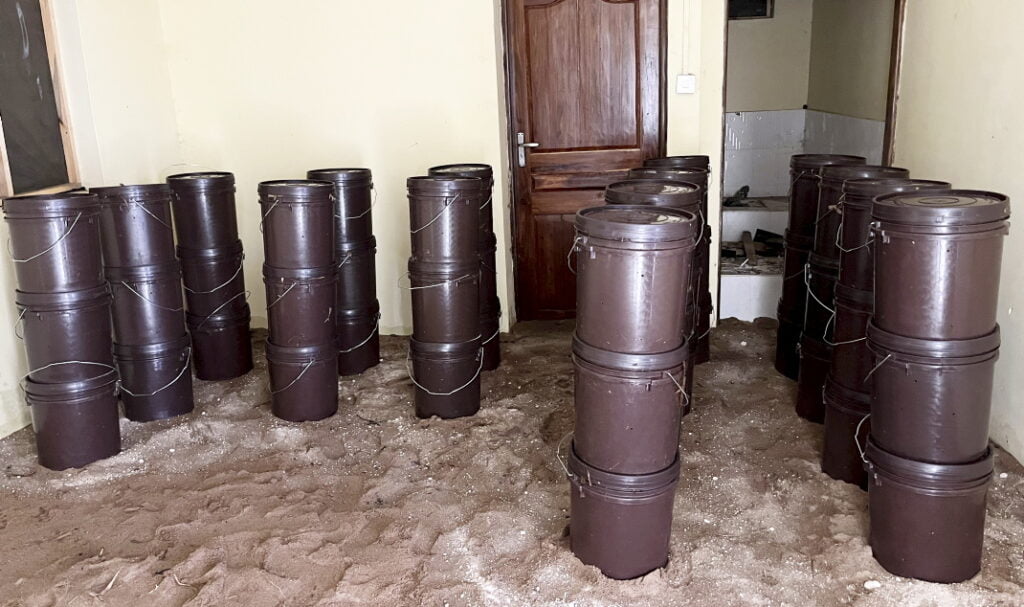
“This is a social business, it is not an NGO,” she says. “If I am selling my solution, I must be on target or nobody will buy. If my solution does not actually solve the poverty that I’m coming to solve, nobody will purchase it.
“If I sell my product or my consultancy I’m committed to my clients, to these entrepreneurs that I’m teaching. On the flip side, if I’m an NGO, I don’t have the assurance that I’m actually hitting my target.
“What makes us so different, is that we are unapologetically farm-to-fork. I refuse to let anyone else come into the picture between the farmers and Nestle other than myself.
“And that’s how you fight for sustainability. The fewer middlemen there are, the more income for the farmers themselves, without anyone else taking a cut.”
Related posts

Rehabilitation Nation: Israeli Innovation On Road To Healing

Israeli High-Tech Sector 'Still Good' Despite Year Of War


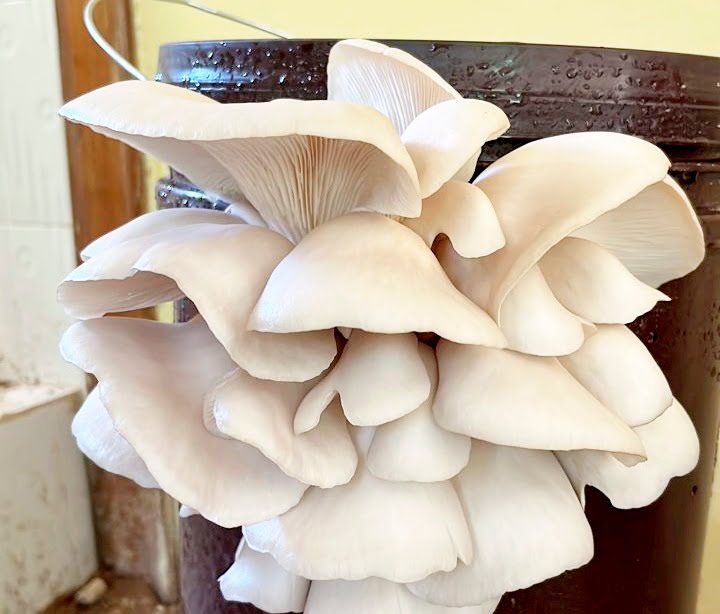


Facebook comments